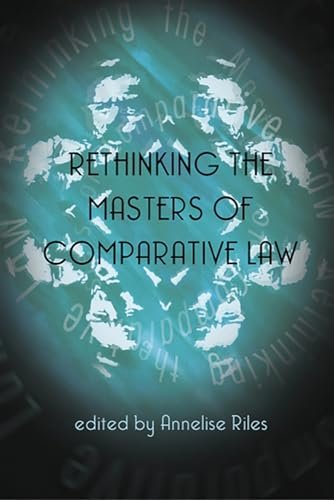Books
Financial Citizenship
Government bailouts; negative interest rates and markets that do not behave as economic models tell us they should; new populist and nationalist movements that target central banks and central bankers as a source of popular malaise; new regional organizations and geopolitical alignments laying claim to authority over the global economy; households, consumers, and workers facing increasingly intolerable levels of inequality: These dramatic conditions seem to cry out for new ways of understanding the purposes, roles, and challenges of central banks and financial governance more generally. Financial Citizenship reveals that the conflicts about who gets to decide how central banks do all these things, and about whether central banks are acting in everyone’s interest when they do them, are in large part the product of a culture clash between experts and the various global publics that have a stake in what central banks do. Published by Cornell Global Perspectives.
Collateral Knowledge
Who are the agents of financial regulation? Is good (or bad) financial governance merely the work of legislators and regulators? Here Annelise Riles argues that financial governance is made not just through top-down laws and policies but also through the daily use of mundane legal techniques such as collateral by a variety of secondary agents, from legal technicians and retail investors to financiers and academics and even computerized trading programs. Published by University of Chicago Press.
The Network Inside Out
"Networks" and other artifacts of institutional life--documents, funding proposals, newsletters, organizational charts--are such ubiquitous aspects of the "information age" that they go unnoticed to most observers. In this work, Annelise Riles takes a sophisticated theoretical approach to examine the aesthetics of these artifacts and practices, to learn what their very forms and formats can tell us about knowledge and legality in today's world. Published by University of Michigan Press.
The Network Inside Out
"Networks" and other artifacts of institutional life--documents, funding proposals, newsletters, organizational charts--are such ubiquitous aspects of the "information age" that they go unnoticed to most observers. In this work, Annelise Riles takes a sophisticated theoretical approach to examine the aesthetics of these artifacts and practices, to learn what their very forms and formats can tell us about knowledge and legality in today's world. Published by University of Michigan Press.
Rethinking the Masters of Comparative Law
Comparative Law is experiencing something of a renaissance,as legal scholars and practitioners traditionally outside the discipline find it newly relevant in projects such as constitution and code drafting, the harmonization of laws, court decisions, or as a tool for understanding the globalization of legal institutions. On the other hand, comparativists within the discipline find themselves asking questions about the identity of comparative law, what it is that makes comparative law unique as a discipline, what is the way forward. Published by Hart Publishing.




